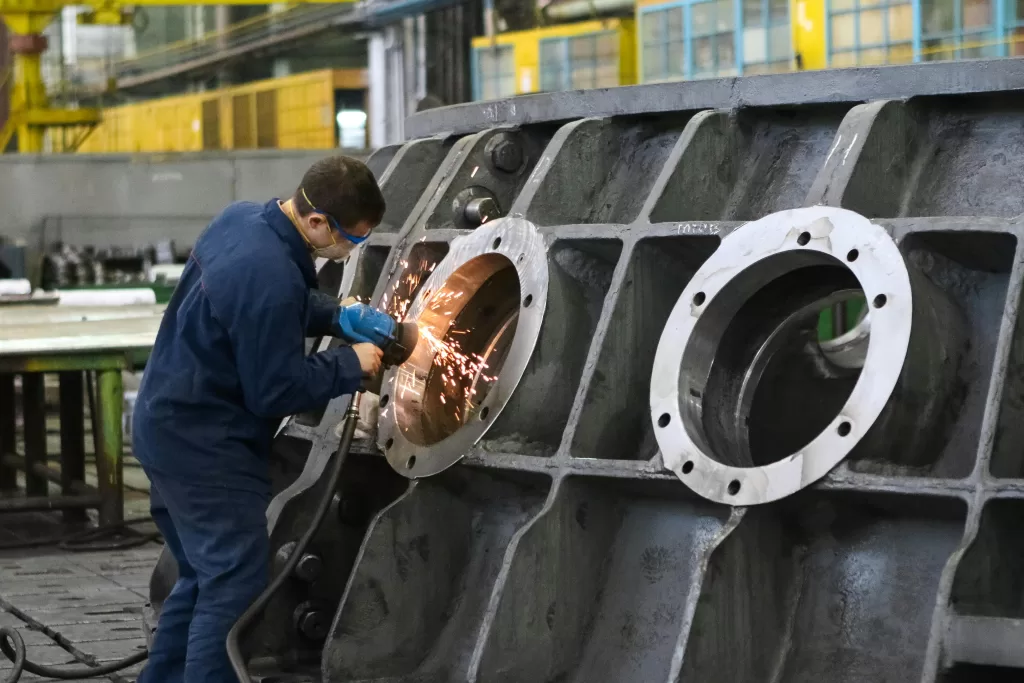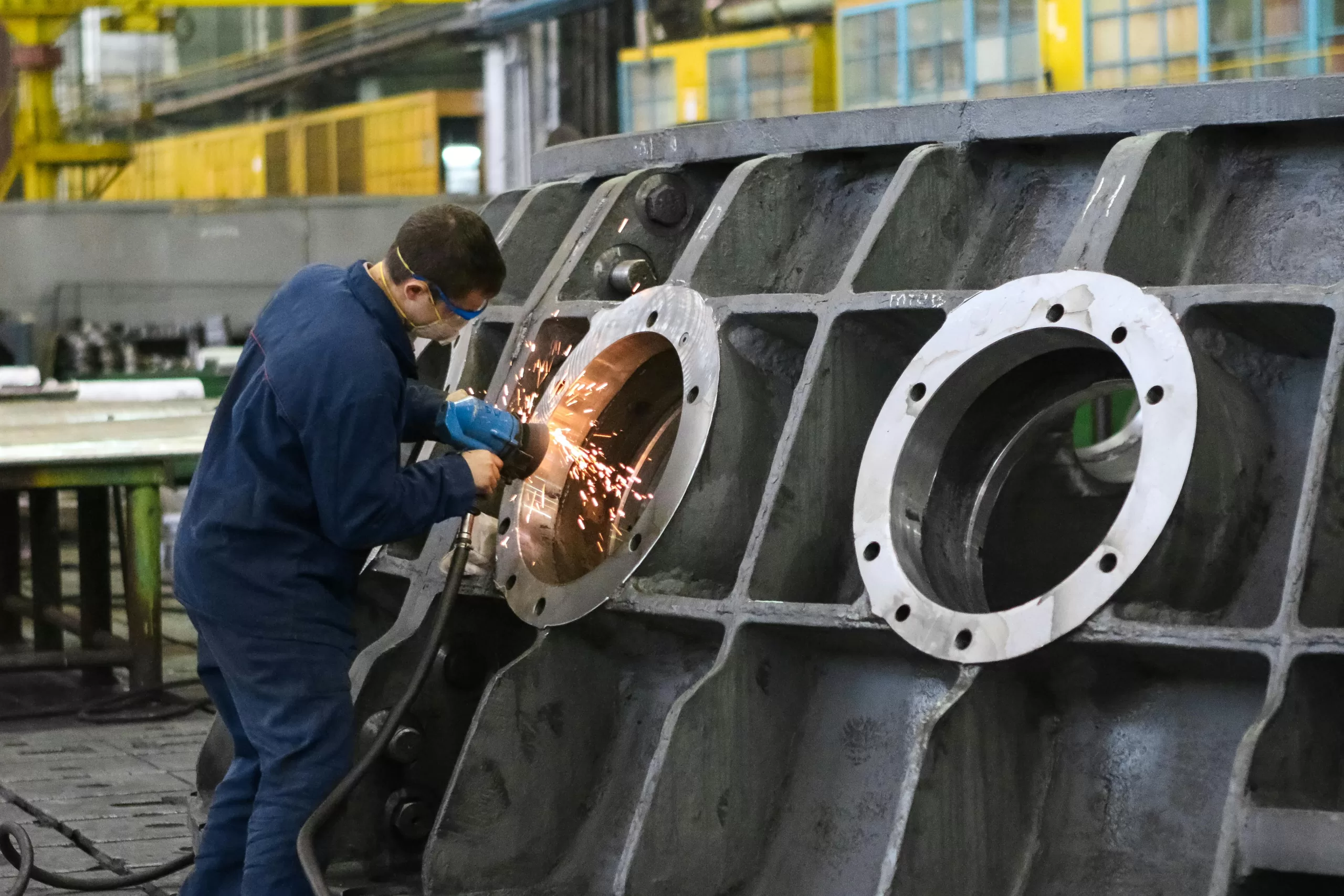This article is written from an interview with Arturo Buzzalino, Group Vice President & Chief Innovation Officer at Epicor
The manufacturing landscape in ASEAN is undergoing a seismic shift, propelled by the relentless march of digital transformation and the burgeoning power of Artificial Intelligence. It’s no longer enough to simply adopt new tech; businesses, especially the often-traditional manufacturing sector, must become truly agile, embracing cloud solutions as the bedrock for AI, all while navigating the treacherous waters of cybersecurity and data sovereignty. As we look ahead, particularly in dynamic markets like Malaysia and Singapore, the companies that successfully harness this digital tsunami, securing their valuable data every step of the way, are the ones poised for unprecedented growth.

The Cloud: The Indispensable Foundation for AI Agility
For years, the move from on-premise to cloud-based Enterprise Resource Planning (ERP) systems has been a critical journey for manufacturers. It’s a transition that’s far from over. Yet, this ongoing shift serves as a potent parallel to the current AI revolution. Just as the cloud unlocked new efficiencies and scalability for ERP, it is now the essential launchpad for AI, particularly for sophisticated tools like large language models (LLMs).
Without the robust compute power and inherent flexibility of the cloud, fully leveraging generative AI simply isn’t feasible. This isn’t merely about hosting software; it’s about fundamentally changing how an organisation operates. Cloud adoption forces businesses to digitise processes, preparing them for the rapid pace of change that AI introduces. Legacy systems, stable for decades, might feel comfortable, but they are increasingly becoming anchors in a fast-moving sea. The future demands an environment where updates can be deployed multiple times a day, not just weekly or monthly, a pace only truly achievable in the cloud. Epicor, for instance, has seen this firsthand, embracing this accelerated rhythm to drive continuous innovation.

The agility fostered by cloud adoption is critical. In a world where new technological breakthroughs are emerging weekly, sometimes daily, businesses need to be able to pivot and integrate quickly.

” You really have to get your organization used to running at that pace. At Epicor, we’re already operating with this mindset, continuously adapting and evolving to meet the demands of this faster environment. The reality is, in ten years, the companies that master this will be the ones that truly thrive. “
Arturo Buzzalino, Group Vice President & Chief Innovation Officer at Epicor
This isn’t just about software; it’s about embedding a culture of constant adaptation within the organisation itself.
Embracing AI: From Mundane to Meaningful
The conversation around AI often spirals into fear – the fear of job displacement, of the unknown. But as we’ve discussed, the strategic application of AI, particularly generative AI and LLMs, is less about replacement and more about empowerment. It’s about freeing the human workforce from the tedious, repetitive tasks that consume valuable time and energy, allowing them to focus on what humans do best: creativity, strategy, and innovation.

“I really do think that AI is gonna change the job market. It’s not gonna replace it. It’ll be different.”
Arturo Buzzalino, Group Vice President & Chief Innovation Officer at Epicor
Consider a manufacturing scenario: manually tracking hundreds of suppliers, optimising a supply chain with a handful of people, or wading through endless spreadsheets. These are all “time syncs”. AI, specifically conversational AI, can completely flip this on its head. Imagine an AI having real-time conversations with 500 suppliers simultaneously, bringing that aggregated data back to a human to manage from a dashboard. This transforms a manual burden into an oversight function, leading to a “100x gain in innovation”.

Epicor’s “Prism” product exemplifies this shift. Launched earlier this year, Prism embeds generative AI directly within the ERP, making it conversational for the first time. This means users can simply ask questions of their data and receive answers, eliminating the need to navigate complex user interfaces. Initially focused on “reading” data, the next phase will see AI taking action – automatically integrating reports, managing supplier communications, or triggering system responses without human intervention. This capability truly accelerates the speed of innovation for businesses.
The key, however, lies in Epicor’s “problem-first” approach. Instead of simply “bringing AI to manufacturing,” the focus is on identifying specific manufacturing challenges and then seeing how AI can help solve them. This pragmatic view addresses the “fear of the unknown” by demonstrating tangible value.

“When we show these capabilities to people, to manufacturers, not just manufacturers, but the workers inside of of a manufacturing plant, That’s when things get interesting because it’s like,“oh, now I can have a conversation with the system? Oh, wow. Like, I can I don’t have to, like, learn this whole UI?”
Arturo Buzzalino, Group Vice President & Chief Innovation Officer at Epicor
When workers see that AI can free them from mundane tasks, allowing them to engage in more strategic and fulfilling work, it becomes a source of excitement, not fear.
The Imperative of Digital Hygiene: Preparing for AI
Before embracing the full potential of AI, organisations must acknowledge a fundamental prerequisite: robust digital hygiene. An ERP implementation, in particular, acts as an involuntary health check for a company’s data and operations. It forces businesses to confront data gaps and discrepancies, ensuring that their digital reflections align with their physical operations. This process, while challenging, is incredibly healthy and prepares an organisation for effectively intaking that AI.
Epicor’s Grow Data Platform is designed precisely for this purpose. It helps businesses manage diverse data pipelines, integrate information from various systems, and maintain data integrity over time. Without this foundational discipline, AI implementations risk being built on shaky ground, leading to unreliable insights and actions.
Securing the Future: Cybersecurity and Data Sovereignty
As AI becomes deeply embedded in core business operations, the stakes for cybersecurity and data sovereignty have never been higher. The biggest risk, especially with open large language models, is the potential for “large language modeling injection” – essentially, tricking the AI into exposing sensitive data.

Epicor’s strategy to combat this is crucial. Their “Prism” product operates within an “enterprise airlocked system”. This means the LLM runs within that cloud instance and does not use client data to train its general model. The model doesn’t need to know the specific details of your data; it simply needs to understand its “data ontology” – what a column represents (e.g., customer, item). This approach, known as “retrieval augmented generation” (RAG), allows the AI to navigate and retrieve answers from your data without ever exposing it for training purposes.

“What we do actually is we we set up… an enterprise airlocked system where the model is running, but it’s running there, right, in in that cloud instance. It’s not, you know, running off and, training on your data.”
Arturo Buzzalino, Group Vice President & Chief Innovation Officer at Epicor
Furthermore, within Prism’s orchestrator, Epicor builds in “safety mechanisms” to block queries that might inadvertently expose Personally Identifiable Information (PII). This continuous vigilance is essential in a market where new vulnerabilities emerge weekly.
While the default is siloed and protected data for each client , there’s also the potential for anonymised, opt-in insights across communities. Imagine knowing your pricing stands compared to the industry average. However, this is approached with extreme caution and in close collaboration with customers. The core principle remains clear: data protection is paramount.
ASEAN’s Digital Dawn
For Malaysia, Singapore, and the broader ASEAN region, the outlook for manufacturing digitisation is incredibly promising. Geopolitical shifts are leading to a diversification of manufacturing hubs, with Southeast Asia becoming an increasingly attractive destination. The companies here that are already embracing digitisation, operating in the cloud, and demonstrating agility are perfectly positioned to seize these opportunities. The transformation of cities like Kuala Lumpur serves as a powerful metaphor: if half of that innovation and foresight can be applied to the manufacturing sector, the potential for success is immense. The future belongs to those who are not afraid to ride this digital wave, who understand that technology is a tool for empowerment, and who prioritise the security and integrity of their data at every turn. The convergence of cloud, AI, and robust cybersecurity isn’t just a trend; it’s the blueprint for enduring success in the evolving landscape of global manufacturing.
This article is written from an interview with Arturo Buzzalino, Group Vice President & Chief Innovation Officer at Epicor

Arturo Buzzalino
Group Vice President & Chief Innovation Officer
Epicor
Arturo is Group Vice President and Chief Innovation Officer at Epicor, a leading ERP software company, is a visionary leader with a rich background in data science and artificial intelligence (AI). With a decade of experience at SAP Labs, he was instrumental in incubating cloud and Data as a Service (DaaS) products, including the launch of SAP’s inaugural DaaS product.






